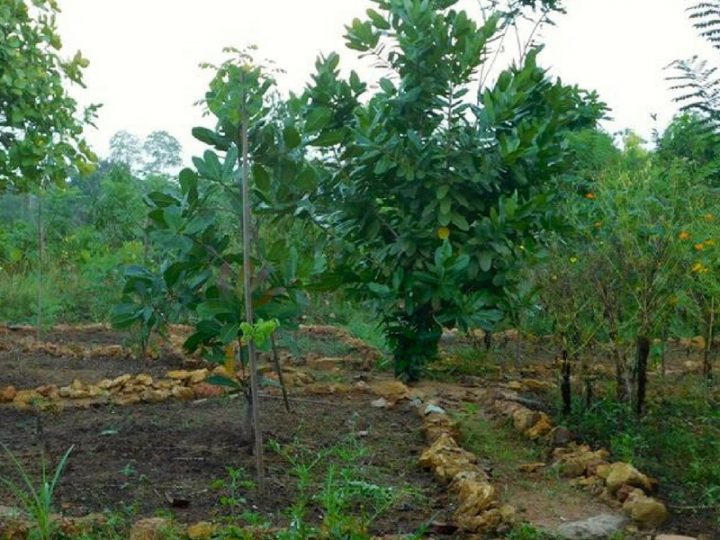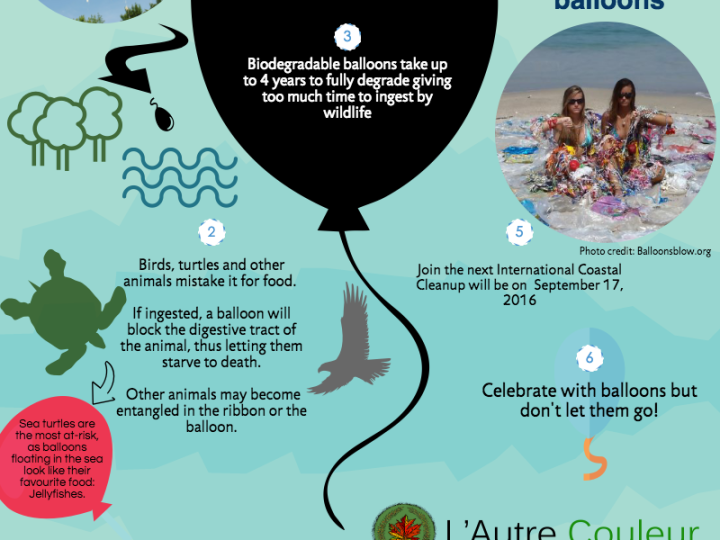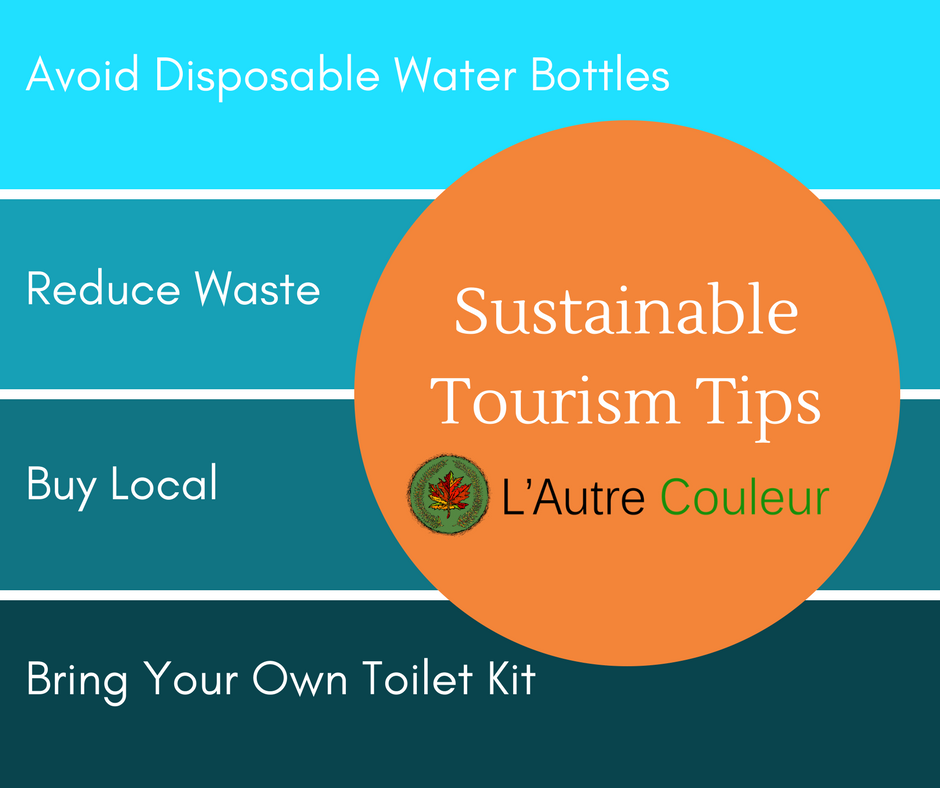
It’s not a secret to anyone anymore, our planet is a captivating world and worth discovering! The World Tourism Organization (UNWTO) estimates that there will be 1.5 billion tourists traveling in 2020, around 21% of the global population!
In contrast, we can’t imagine the immediate consequences that this entails – namely for developing countries. The truth is tourism has become a real burden for many communities.
Aside from developed countries, we know that waste and recycling management systems are virtually non-existent. Combined with no access to safe drinking water and our severe reliance on single-use plastic, the rise of travelers around the world is rapidly degrading the environment.
With this in mind, what habits can we practice to limit our impact on the environment while traveling – and instead help reverse the trend?
Sustainable Tourism Tips
Sustainable tourism rhymes with respecting the environment even when abroad. If we practice sustainable habits at home, it is even more important to make and effort as a visitor.
When it comes to sustainable tourism, everybody gains, not just the tourist!
For the purpose of promoting sustainable tourism, we’ve put together a few pointers that we apply when traveling. Actually, some of these tips were inspired by our own travel experiences. After being on the road for 7 months, what we have seen has more than confirmed the need to write about sustainable tourism tips.
The Case of Drinking Water
Before all, drinking water straight from the tap is a privilege. On a trip, you quickly notice that disposable water bottles are not seen as an option, but as a necessity.
What are the impacts of disposable water bottles?
Disposable water bottles are available everywhere: on every bus, in every hotel and on every street corner. Without a doubt, there will always be someone ready to sell you a disposable water bottle.
With over 89 billion liters of water put in disposable water bottles each year in this world, here a difficult question to answer:
Who can tell me where the empty plastic bottles end up?
In the oceans, rivers or landfills?
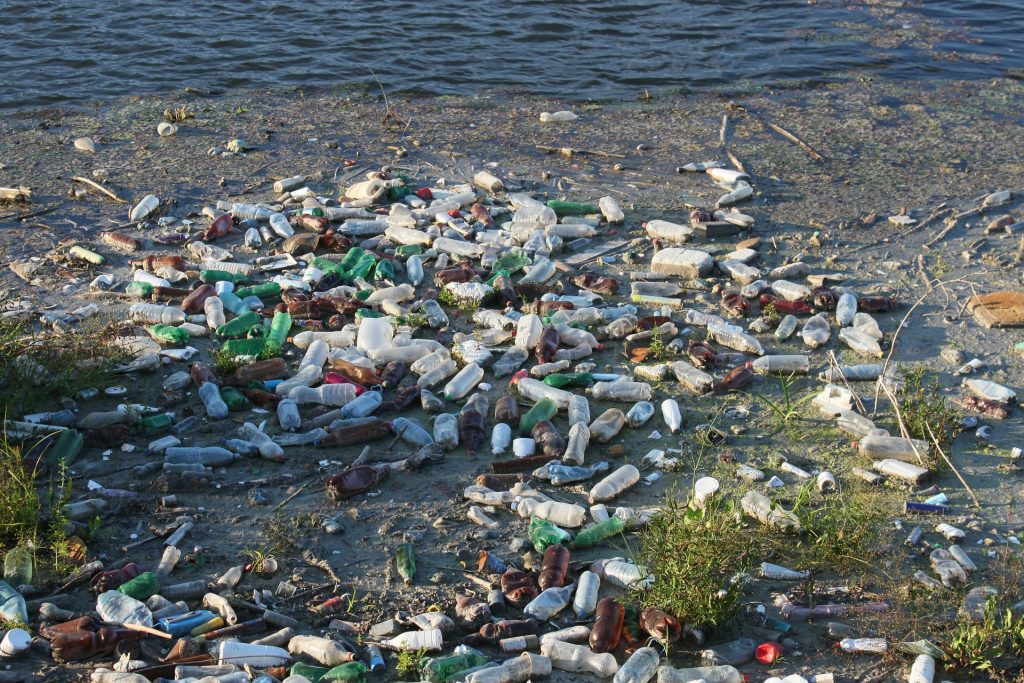
Disposable water bottles are consumed so much by tourists, the waste generated seems almost abstract. We strongly advise you to find an alternative way to consume drinking water.
Here are two suggestions:
1. Use a micro filter
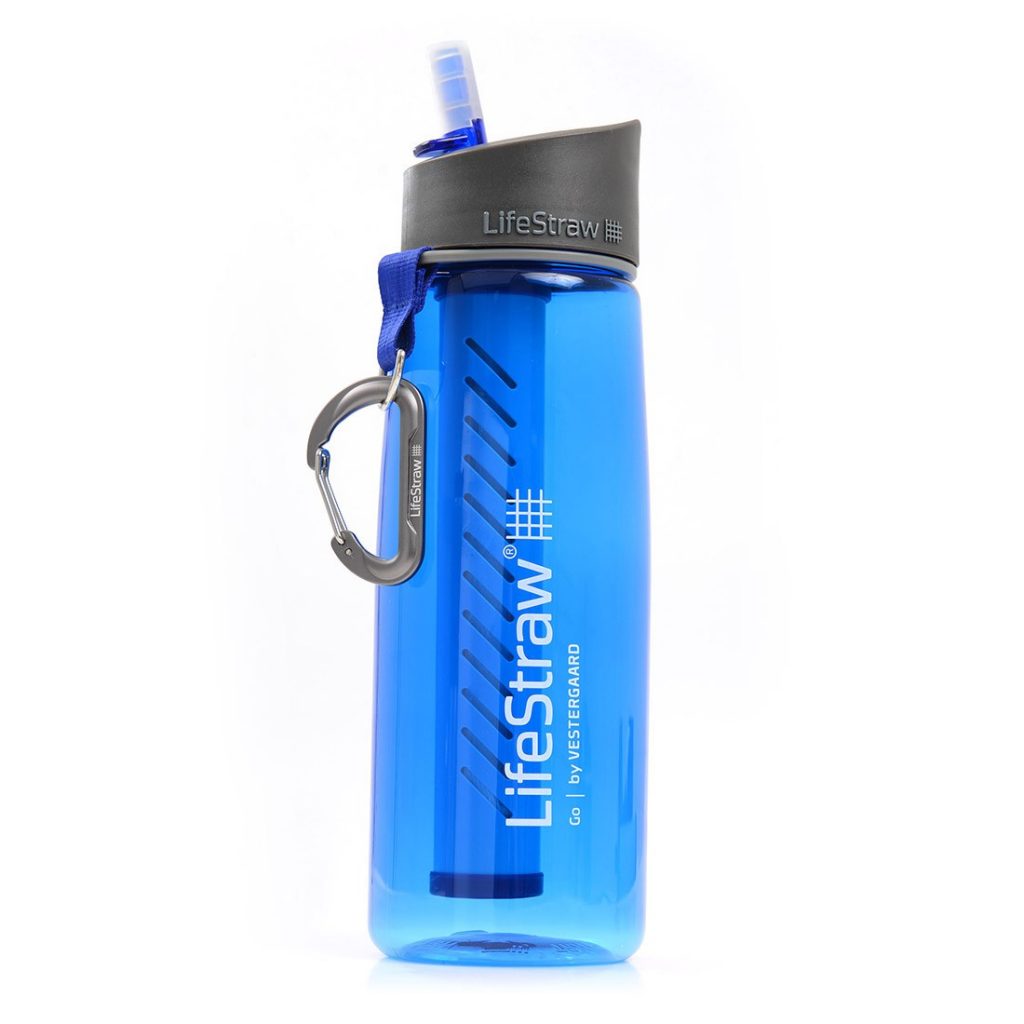 A superb compromise between efficiency and ease-of-use is to purchase a good micro filter. Personally, we travel with the reusable water bottle LifreStraw. This allows us to stock up water and filter it from all bacteria, viruses and parasites.
A superb compromise between efficiency and ease-of-use is to purchase a good micro filter. Personally, we travel with the reusable water bottle LifreStraw. This allows us to stock up water and filter it from all bacteria, viruses and parasites.
2. Boil the water
Another option that doesn’t require any new purchasing is to boil your water for ten minutes. Boiling water is efficient and removes bacteria, viruses and parasites.
Once it cools down, you can then pour it into your own reusable water bottle. It is not always the simplest choice, but the vast majority of hotels, hostels, Airbnb and so on, will provide kettles.
Bring a reusable water bottle
In both cases, it is best to bring your reusable water bottle and/or reusable coffee mug. The same way that you use it on a daily basis back home, there will arise many scenarios where you will surely need it during daily outings. It can even start early in the trip, say, on the plane! Next time the air hostess serves you juice or coffee, simply ask them to pour your beverage in your reusable bottle/mug.
Use reusable bags, containers and utensils
Discovering new meals, snacks and exotic fruits, is an absolute pleasure!
In contrast, the majority of markets and vendors heavily depend on single-use plastic and Styrofoam to serve their meals. Before feasting, here are some ways to reduce the amount of single-use plastic in your meal.
Observe and ask yourself: Can I avoid taking a plastic bag? A straw? Two Styrofoam plates?
In fact, it’s pretty simple. All you need to do is practice the daily sustainable habits you do back home. For example, if you use reusable bags to shop back home, slip them in your travel bag.
Reusable lunchboxes
To completely avoid any form of plastic, use a container, a cloth napkin and reusable utensils. Once you have ordered your choice of food, it is important to advise the vendor that you wish to receive your meal in your own container and not theirs.
This can get a little tricky.
If communication is not very clear, don’t hesitate to show your container and mime your request. Not only will this most likely generate a grin, but it could possibly inspire sustainable ideas amongst the vendors.
Here is an example of a compact lunchbox and reusable napkins ECOlunchboxes manufactures. We also transport our own reusable utensils, which include a fork, a spoon, and chopsticks!
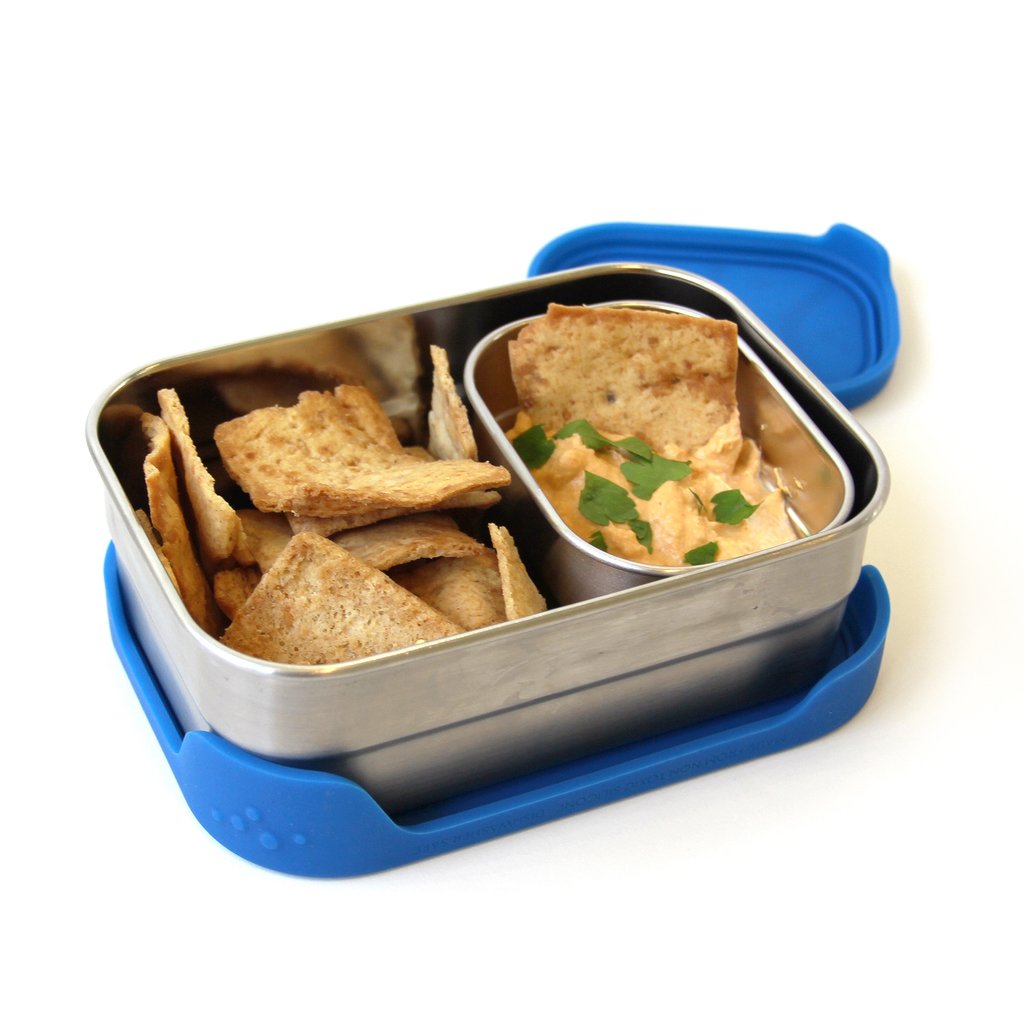

Transport your own toilet kit
You know those small toilet kits neatly packed in your bathroom? Avoid using them.
Waste generated by these little kits goes fast – too fast. Endless amounts of unfinished bottles of shampoo and conditioner are left behind. Pieces of bar soap are left almost untouched but yet unwrapped.
If you think that these little kits suddenly disappear once chucked in the garbage, it doesn’t.
Avoiding our “need” to use these small toilet kits is better for the environment and in line with sustainable tourism.
For example, to transport our bar soap, we personally use this Radius Soap Case below:
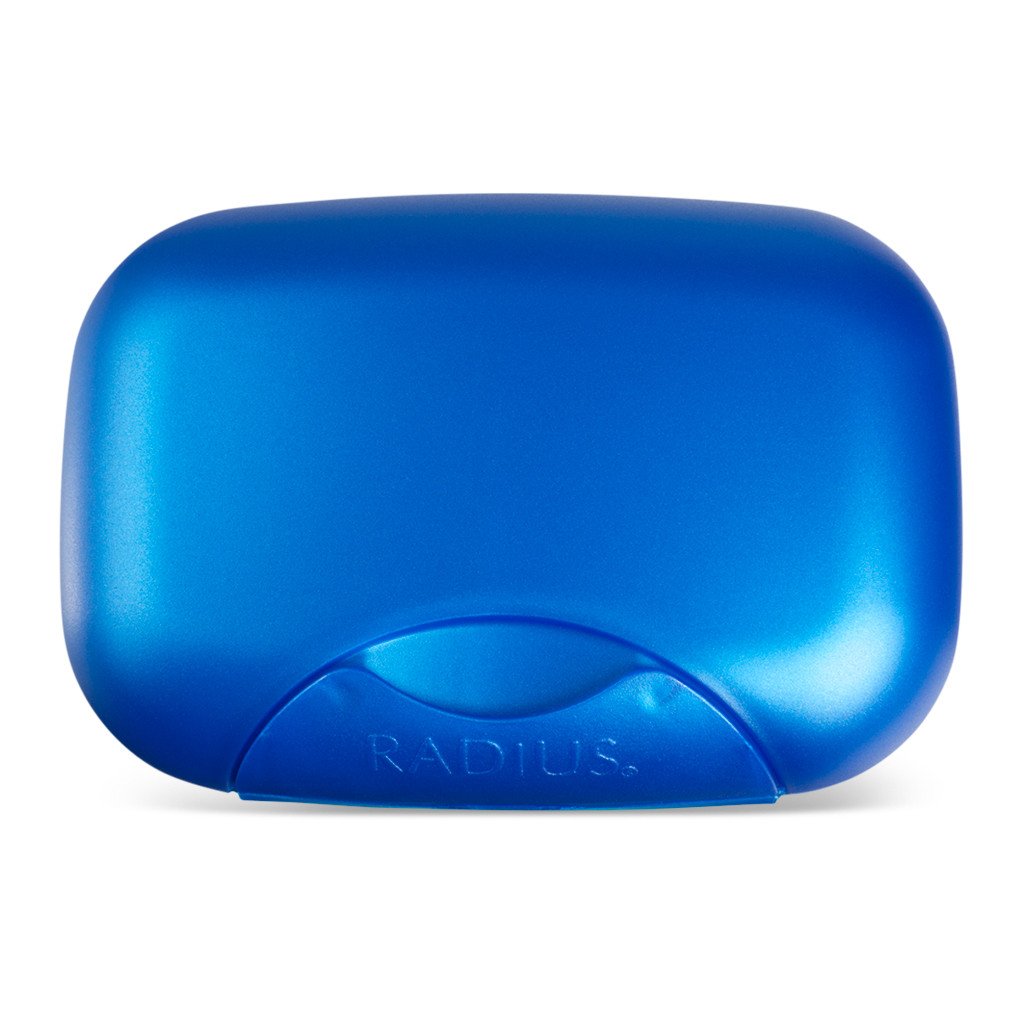
Buy Local
It’s easy to think that all products are local when we travel in tropical countries. Especially when we know how far fruit has to travel to arrive in our North American kitchens.
But we were really surprised during our trip in Vietnam. We had found apples imported from the United States! And yet, Vietnam is renowned for its agricultural production…
There is no full-proof solution to making sure something is local unless you have been in the area for a long time. We recommend staying attentive to tags and ask questions when possible.
Reducing our daily waste – as a tourist!
The most important thing to remember is that we can all take part in reducing our own waste. No matter which country, waste generated by tourists is doomed to take over their streets, fields, rivers and oceans.
Why is it important to practice sustainable tourism?
So that a positive impact happens to everyone who is involved: the lives of the locals and the lives of the travelers. That is the beauty of sustainable tourism!
And what about you?
What sustainable tourism tips do you recommend?
Legal mentions: some of these links in this article are affiliate links and we have received the Soap case as a gift. These contributions allow us to continue writing quality content on sustainable development.



